In a wave of escalating tensions, police crackdowns on pro-Palestinian protests have spread across universities in the United States, sparking widespread condemnation and raising questions about freedom of expression on campus grounds.
Police Action at UCLA:
The latest escalation occurred at the University of California, Los Angeles (UCLA), where riot police were deployed to dismantle a peaceful Palestinian protest camp. Despite authorities' calls for dispersal, hundreds of protesters faced off against law enforcement, resulting in a forceful eviction with rubber bullets and flashbangs. Ninety individuals were arrested during the operation.
Criticism of Police Response:
Criticism mounted after a violent pro-Israel mob attacked a Palestinian tent on the UCLA campus, with police facing scrutiny for their failure to intervene. Mayor Eric Adams of California condemned the police's role, questioning their inaction during the assault.
Widening Crackdown:
Similar scenes unfolded at Columbia University in New York City, where over 300 people were arrested following a police raid on student protesters. Across the nation, police forces cracked down on demonstrations at several universities, including the University of Texas, Fordham University, and Yale University, resulting in numerous arrests.
International Impact:
The protests, sparked by Israel's actions in Gaza, have reverberated globally, with demonstrations spreading to universities in the UK, Canada, Egypt, France, Italy, and Australia. Critics have lambasted President Joe Biden's administration for its staunch support of Israel, while former President Donald Trump voiced his backing for police actions.
Analysis and Expert Commentary:
Political analysts and academics have raised concerns over the disproportionate police response to peaceful protests, noting a troubling trend of intolerance towards pro-Palestinian sentiments. Hassan Barari, a professor of international relations, hailed the resilience of protesters and emphasized the significance of their movement in challenging US policies towards Israel.
As tensions escalate and protests continue, the crackdown on pro-Palestinian demonstrations at US universities underscores broader debates surrounding free speech, international solidarity, and the Israeli-Palestinian conflict. With students steadfast in their demands for justice, the protests signal a new chapter in activism on college campuses, with far-reaching implications for US foreign policy and global solidarity movements.
End/v7n/aj/dk



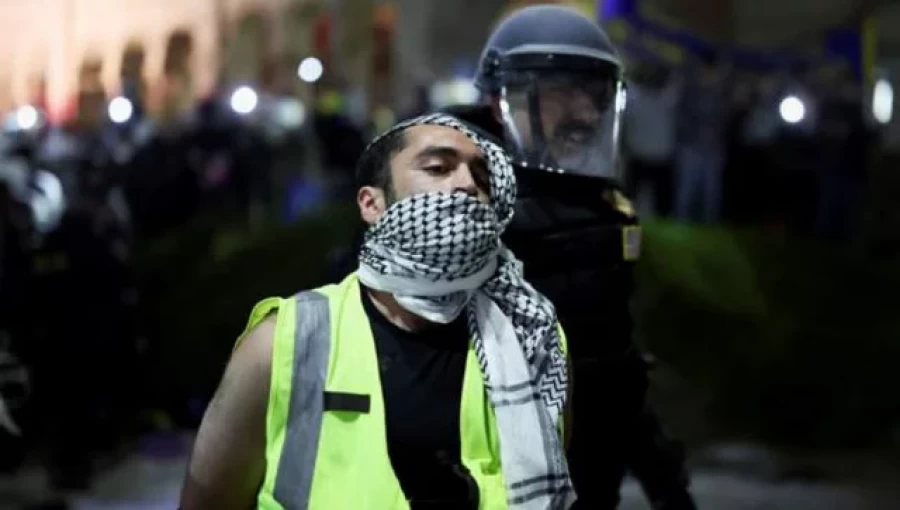
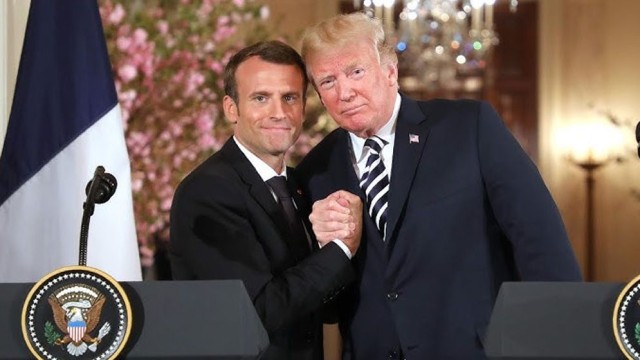
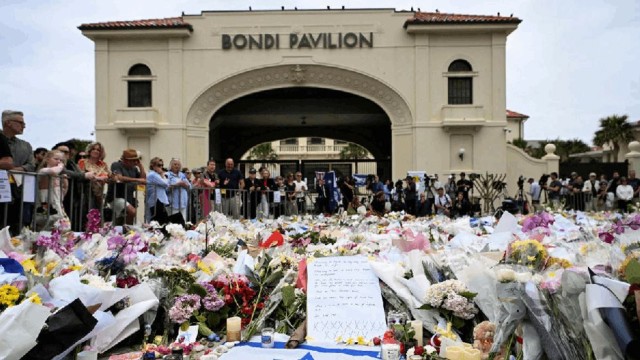

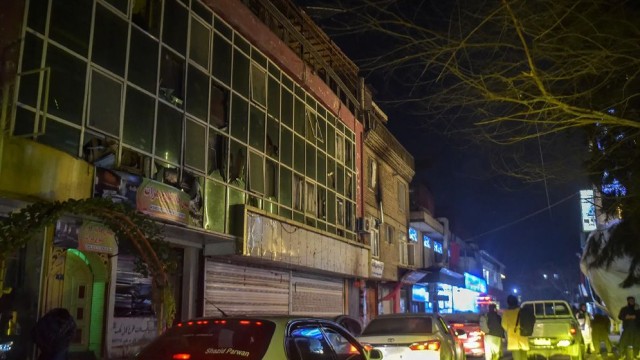
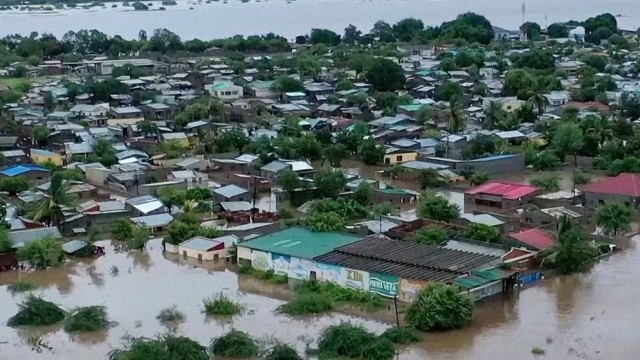
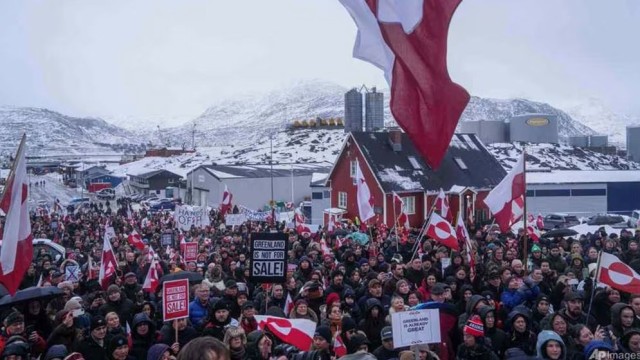
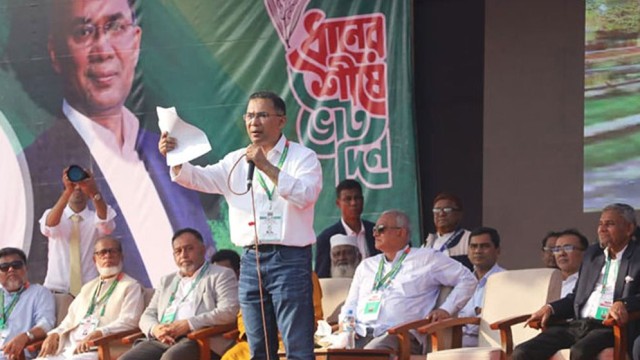


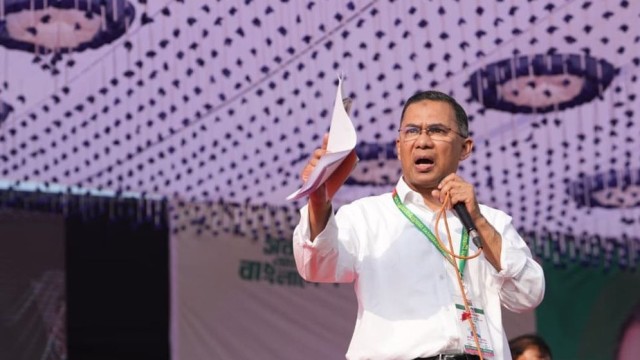
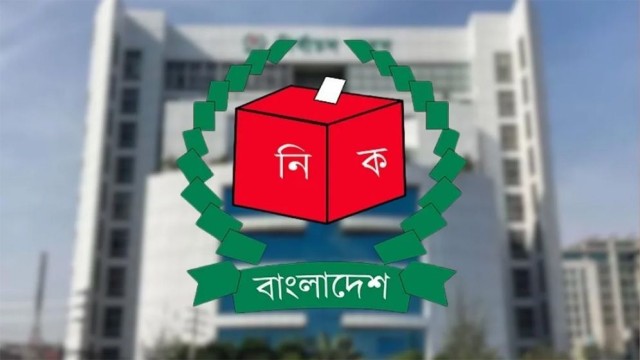
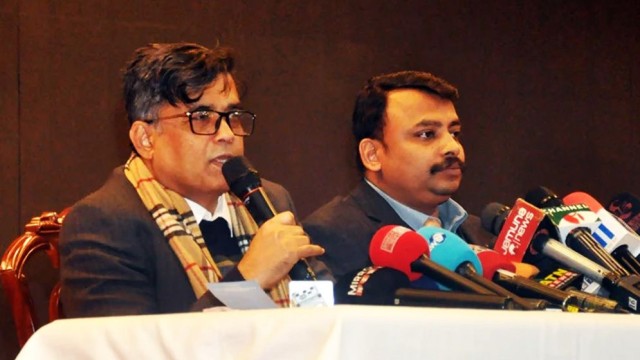
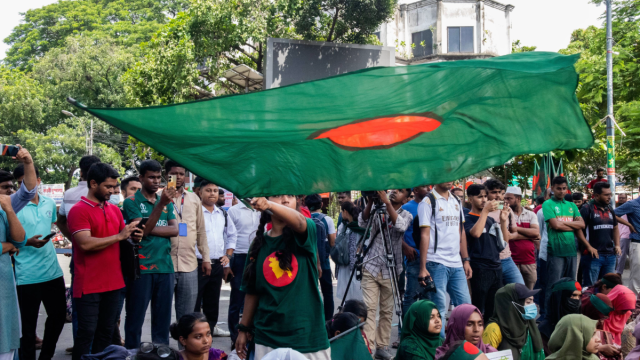
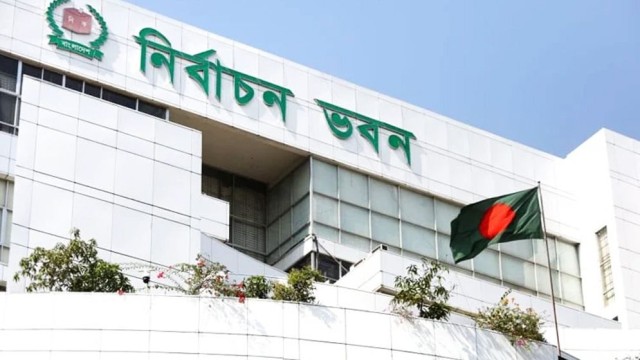
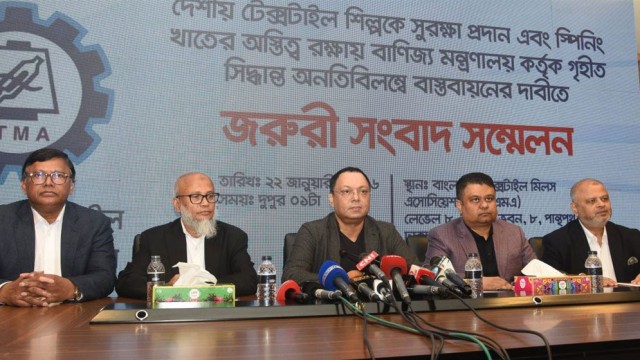
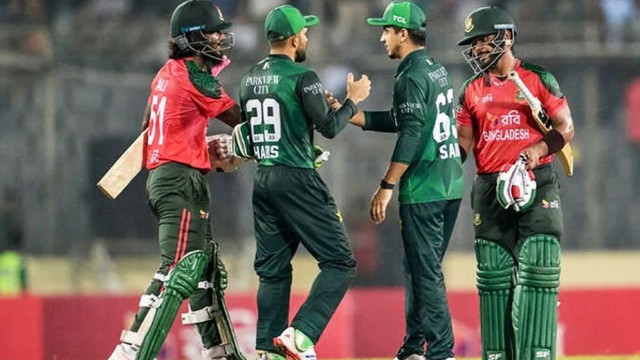








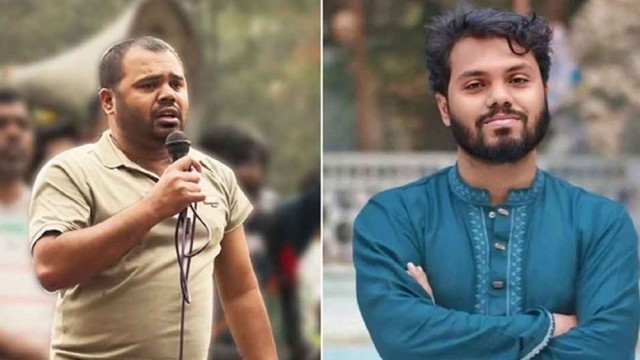
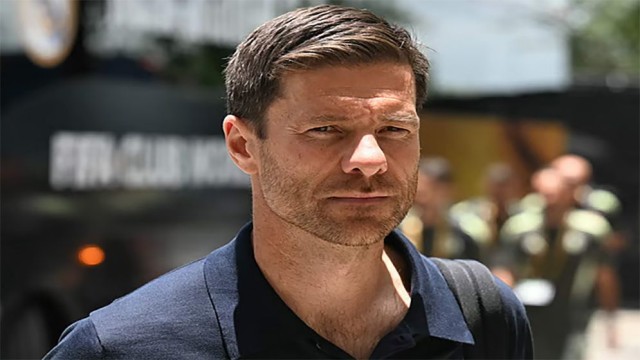
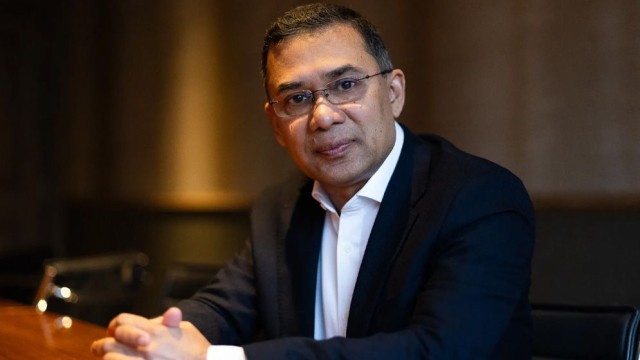
Comment: